Find A Music Teacher


Looking to learn music?
Click here to find a teacher for your favorite instrument
Finding the Right Music Teacher for You
Where to Find a Music Teacher

You can make an inquiry at your local university or college’s music program and ask for referrals. The university’s faculty members may not offer private lessons themselves, but they can refer you to a local music teacher or graduate student who can teach you.

Different Ways to Learn Music
Learning Music Privately
Learning Music in Group Classes
Choosing Between Private and Group Classes
Learning Music Has Never Been Easier – Learning Online
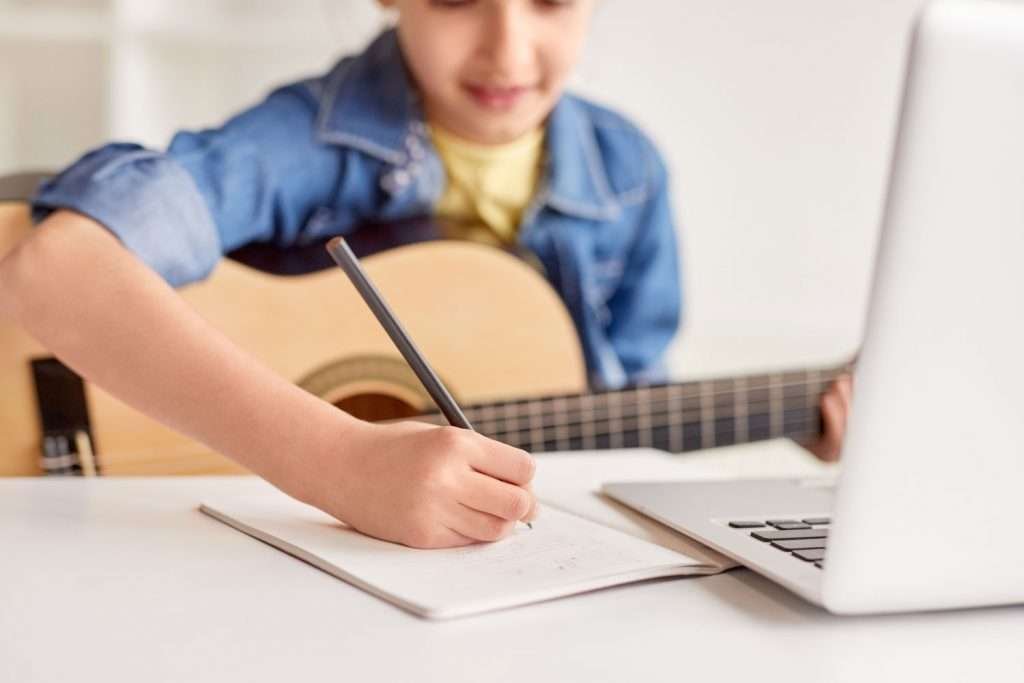
The Advantage of Learning Music Online
One of the advantages of learning music online is that you can easily choose what you want to learn. It can be more convenient to create your own curriculum that’s more connected to your specific goals.
A real advantage of online lessons is that you can easily keep track of your lessons. You can review them later, pause whenever necessary, or start over on the next day. They offer complete flexibility.
Online lessons allow you the opportunity to work at your own pace. You can take as much time as you need on each lesson to ensure that you have your technique perfected before moving on to the next lesson
Online music courses are usually inexpensive and may even be free of charge! Online tutorials, sheet music, and written guides on different instruments or music styles are easily accessible with just a click.
When you take online lessons, you can study at your own convenience. You can begin learning music no matter where you are, and you don’t have to worry about external factors that may interfere with traditional lessons.
You won’t have to travel to meet your music teacher or need to reschedule if they’ve fallen ill and can’t attend your lesson. Plus, you don’t have to bother carrying all your equipment to the location of your music lessons. Or if your child’s the one taking music lessons, you won’t have to sit and wait for them to finish.
If you live in an area where not many traditional music lessons are available, you can opt for online music lessons instead. Online music lessons let you easily broaden your options no matter your location.

Learning to play an instrument can be easier than you think.
Find your music teacher today

Benefits of Learning Music
Learning how to play a musical instrument has a ton of positive benefits. Some of these include building your confidence, improving your memory, and even expanding your social circle. To give you a better idea, here are some of the benefits of learning music.
Playing Music Brings out Your Creativity
Practicing and perfecting your music skills does wonders to your creative mind. No matter how much a composer defines their composition, they can’t entirely express how music should be played. With that in mind, it’s up to you to apply your own stamp and style on a certain piece.
It Builds and Establishes Your Confidence
Learning how to play an instrument can help you get comfortable with expressing yourself. If it’s your child who’s beginning to master an instrument, they’ll likely end up performing in front of an audience.
They’ll begin playing in front of you and their teacher. Then, they’ll start branching out to other music students, then eventually, they’ll perform in front of a concert audience.
Generally, performing music in public can help music students feel confident when presenting their work.
Optimizes Coordination
Learning music requires you to have great hand-eye coordination. You aren’t only learning how to play an instrument, you’re also learning how to read music notes.
Learning proper breathing and rhythm will be part of your musical studies. Yet with enough practice, you’ll be able to develop proper coordination skills. Thus, learning music enhances your skills to efficiently handle different tasks simultaneously.
Music and Child Development
If you have a child and want them to study music, it can offer a number of benefits. It can help improve and enhance their skills in language, concentration, math, and even social skills.
It doesn’t matter if your child learns how to play a musical instrument or not. Exposing them to music as much as possible will still provide many benefits to their development.
Recent studies show that individuals who are musically trained have improved working memory skills. It helps them remember things even when they’re busy focusing on other matters. These include reading comprehension and vital elements of arithmetic.
When your child learns music, their focused attention will improve their concentration overtime.
Just like when playing sports, performing, or dancing, getting exposed to music and learning helps develop your child’s motor skills. When they create music, it involves more than just their fingers or voice. They will need to use their eyes, ears, and muscles simultaneously.
Doing so will help their mind and body work in coordination simultaneously.
When your child takes music lessons, they’ll learn how to work on short-term goals, practice self-discipline, and develop a routine. Making some time for practice aids in developing patience and commitment.
When they’re able to master a certain piece of music, it’ll give them a sense of pride and achievement. Thus, it will allow your child to learn the importance of self-discipline.
Music can positively influence your children to express themselves, be uplifted, inspired, and unleash their creativity. They can even learn how to relax while relieving stress and tension through music.
If you think about it, listening to great music, singing your favorite tunes, and dancing to them can be inspirational! Music can even bring out your creative side, which can have a positive effect on your child.
Creating great music with others helps improve your child’s emotional and social skills. When they join a choir or band, they’ll learn how to work as a team, as well as develop their empathy towards others. Experts have learned that when children engage and play music together, they’re more inclined to better understand others’ emotions.
Your child can learn and enhance these skills with the help of a skilled music instructor. When searching for the best music teachers for kids, always check their reviews. Also, look into the programs they offer to gain an understanding of what to expect.
This way, you can choose the best music teacher who can work well with your child.
How Do You Decide Which Instrument to Play?
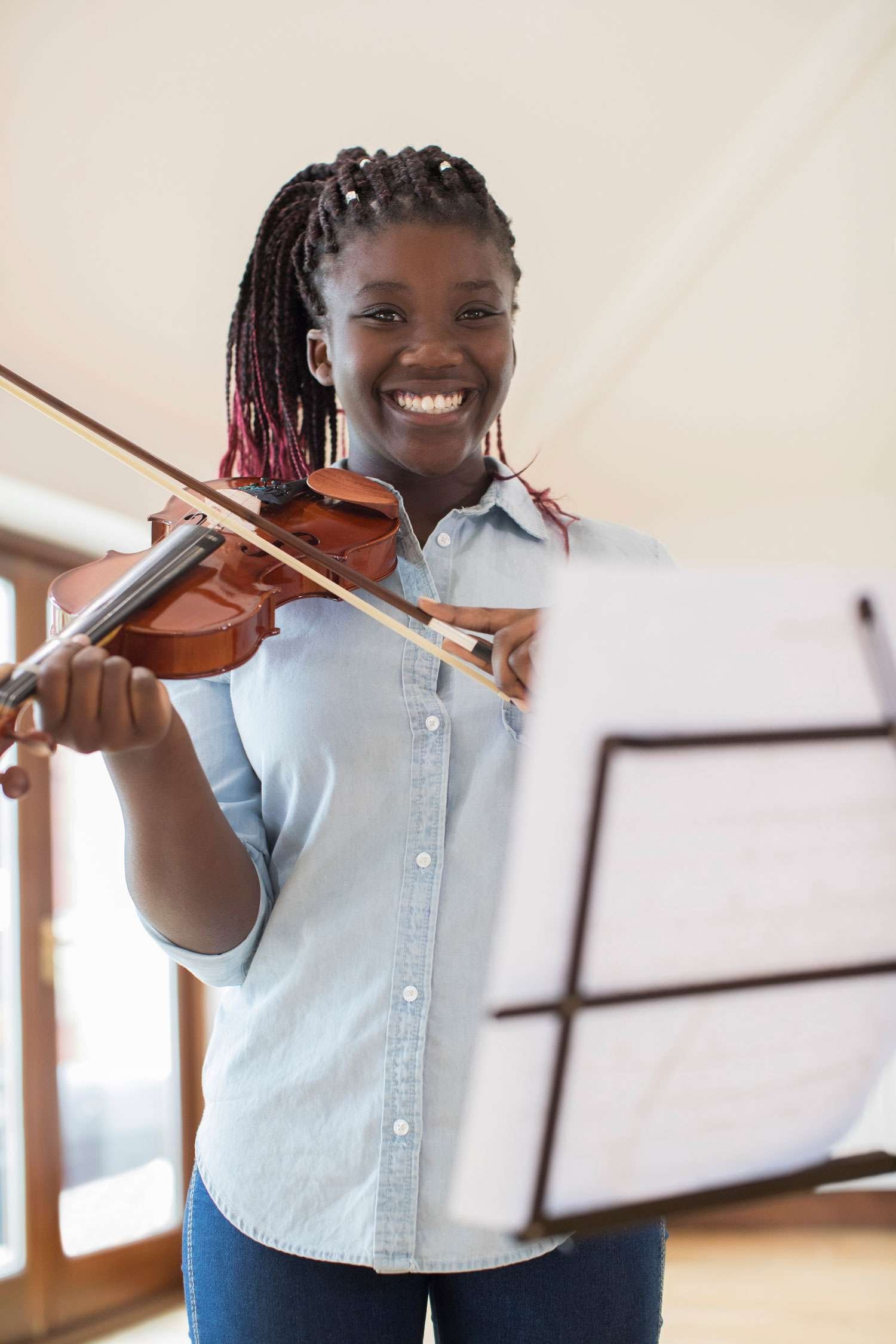
What’s the Type of Music You Enjoy or Want to Focus On?
The Piano
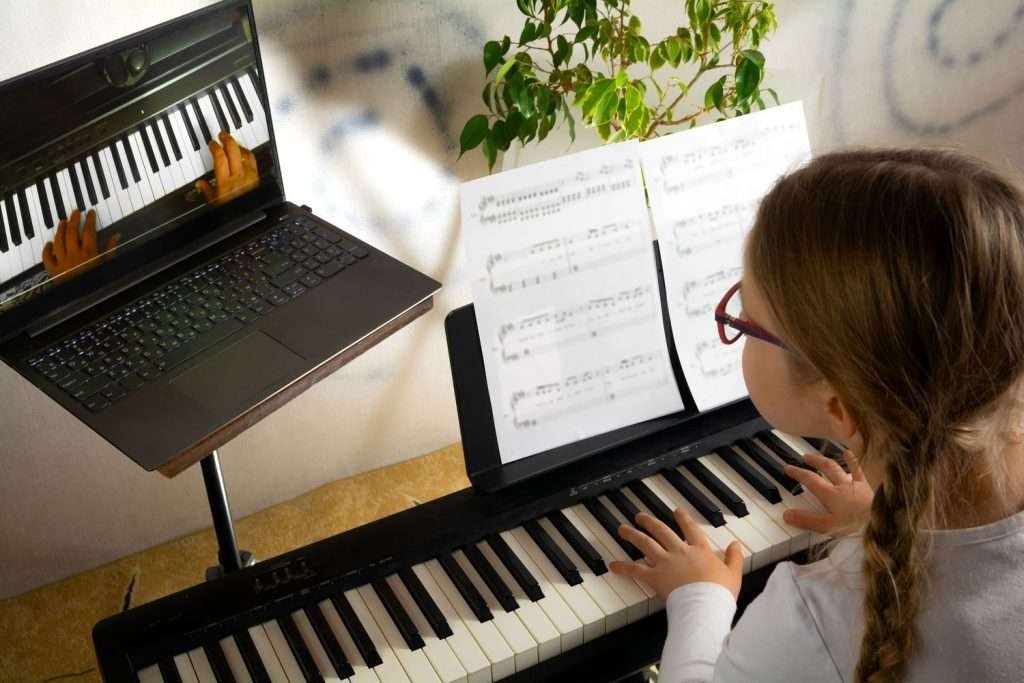
Violin

Ukulele
The ukulele is one of the easiest musical instruments to play, plus it’s inexpensive and portable. If you’re looking for a good starter instrument for kids, the ukulele is the best choice. Children can learn how to play simple chords within one to two weeks.

Drums
The drums are the best choice for something loud and expressive. Drum sets come in all sizes and shapes, but most have a bass drum, snare, toms, and a hi-hat.
To be able to produce solid, discernible beats, it can take a few months of practice on the drums. It’s not difficult to learn how to play, but it’s best to work with a highly experienced teacher. This is to ensure that you’re learning correct techniques.
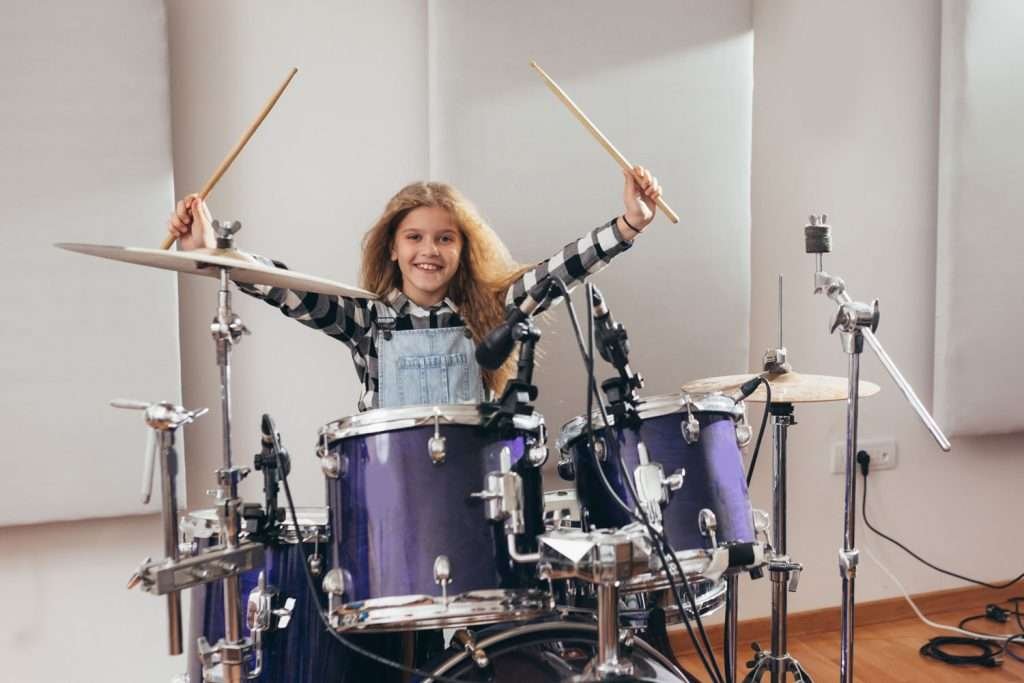
Brass Instruments
Like other instruments, brass instruments produce a great sound. They’re also accessible and reasonably priced. These instruments are quite large, but smaller options are available for children.
You can choose between a French horn, trumpet, tuba, or trombone.
When choosing woodwind or brass instruments, it’s important that you have no respiratory conditions. This is because playing these instruments requires high lung capacity.
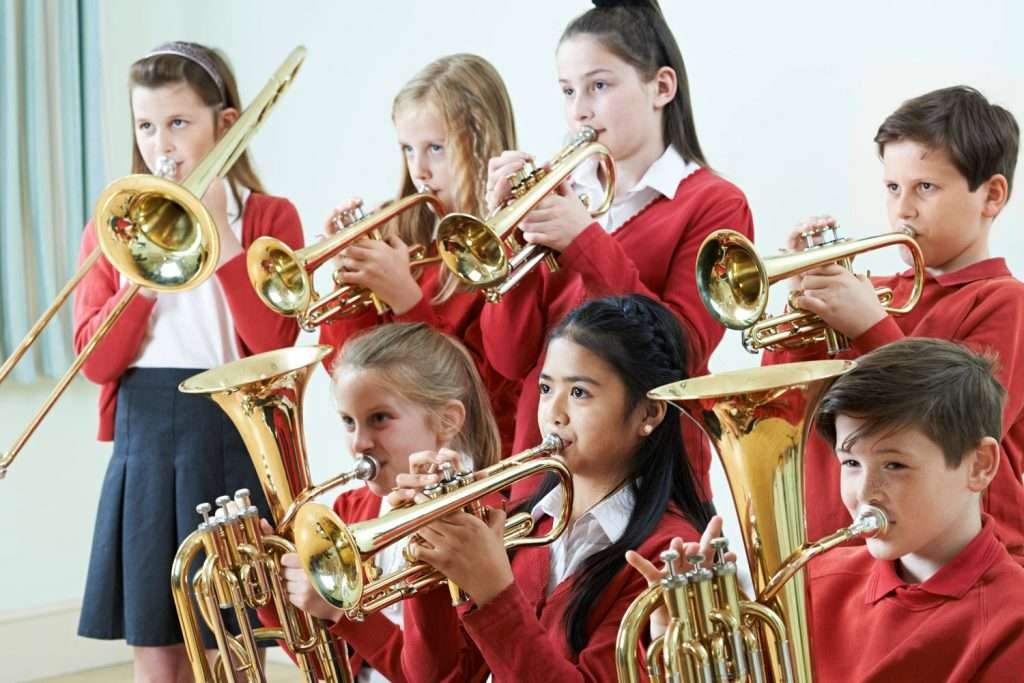
Guitar
When learning the guitar, you have many options to choose from – acoustic, classical, and electric! While all of these are guitars, each is unique.
Typically, students learn scales and master chords in one to two months. For virtuosic skills like soloing, arpeggios, and fingerpicking, it may take years to master.

When choosing a musical instrument, consider your physical limitations. If you can’t carry something heavy, upright bass can be difficult to use. Think twice about woodwind instruments like the saxophone if your lung capacity isn’t great; or if you have respiratory conditions.
Physical limitations can make it challenging to play specific instruments. But you can still surpass the challenges if you have the will to learn how to play them.
If you want to solely accompany your singing with music, consider learning how to play the piano or guitar.
Many great artists and musicians indeed accompany themselves with other instruments. However, the guitar and piano offer both range and fullness of sound that can accompany your voice adequately.
It’s no accident that these are the most popular accompaniments for singers around.

